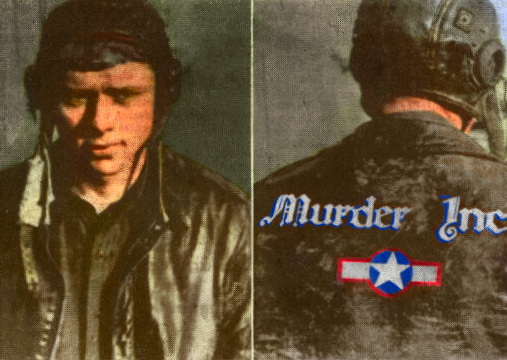890E.00/340
The Diplomatic Agent in Lebanon to the Secretary of State
Beirut, December 22, 1943
241.
. . . . . . . . . . . . . .
I should, I believe, add the following report regarding my brief conversation in Cairo with the President:
Summoned by telephone message from Mr. Kirk, I arrived in Cairo the evening of December 2 and was received by the President the following afternoon. In reply to questions, I gave a brief review of the Lebanese crisis; then presented President Khouri’s letter.
I explained that I had brought the letter personally in the thought that, should it be thought appropriate that personal reply be made from Cairo, an expression of satisfaction at the outcome of the crisis might be added to the usual formal acknowledgment and good wishes.
The President appeared to welcome this suggestion and asked that a reply in the suggested sense be drafted for his signature. He asked that it include mention of the fact that, had time and duties permitted, he would have desired personally to visit Lebanon. I was, too, to convey to President Khouri, but not to include in the letter, Mr. Roosevelt’s keen personal interest in reforestation, a subject which possesses particular historical as well as current interest to Lebanon.
The latter message has been delivered. It was received with evidently sincere interest and appreciation.
The aspect of the Lebanese crisis in which President Roosevelt seemed to take special interest was as to whether General de Gaulle was personally responsible for the dictatorial action taken by Monsieur Helleu in suspending the Lebanese Constitution, proroguing Parliament and imprisoning President and ministers.
I could only answer that rumour and report in Beirut, which I tended to credit, had it that Helleu had acted under de Gaulle’s general instructions and that de Gaulle had later approved Helleu’s action in the matter. General Catroux, I added, had been categorical in insisting that, in his opinion, Helleu had misinterpreted and exceeded them.
. . . . . . . . . . . . . .
GEORGE WADSWORTH
